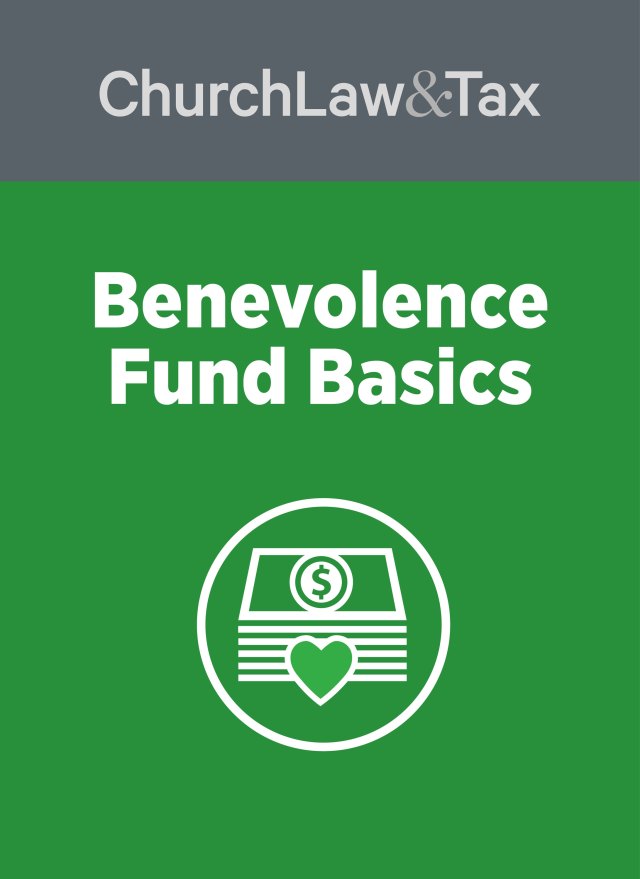Q: Recently, one of our member’s families lost their 15-year-old son. They contacted the church and asked if donations for the family could be handled through the church. We agreed and processed all donations received as cash exchange. Is this proper?
When a church is asked to handle donations for a family in need, ensuring the process complies with legal and tax regulations is essential. The following guidelines provide clarity on the best practices for administering a benevolence fund and avoiding potential pitfalls.
Key Considerations for Handling Donations
- Direct Gifts: Individual believers may give up to $14,000 directly to another individual without gift tax consequences. These gifts are generally not taxable to the recipient and are not tax-deductible for the donor.
- Church as a Conduit: If donors direct the church to pay funds to a specific family, these contributions are not tax-deductible. The church must not serve the private interests of the donors or recipients, as this violates federal tax-exempt purposes.
The Importance of a Benevolence Fund
To handle requests like these properly, churches should establish a benevolence fund. This fund ensures assistance is provided legally and aligns with the church’s tax-exempt purpose.
Steps to Create a Benevolence Fund
- Adopt a Written Policy: The church’s governing body should define the following:
- A charitable class eligible for assistance (e.g., the poor, distressed, or ill).
- The types of needs the fund will cover (e.g., food, shelter, clothing, medical expenses).
- The documentation required for disbursement (e.g., applications, invoices, proof of financial need).
- Encourage Donations: Solicit contributions to the benevolence fund without designating individual recipients.
- Review Applications: Ensure recipients meet the criteria by reviewing their applications and supporting documents (e.g., bank statements, unpaid invoices).
- Make Payments Directly: Payments should only cover documented expenses and align with the fund’s defined purposes.
Example of a Benevolence Fund in Action
Here’s how a benevolence fund could assist the family mentioned:
- The family applies to the fund for funeral expense reimbursement.
- The application includes the funeral home invoice and proof of financial need (e.g., recent bank statements).
- The church’s benevolence committee reviews the request. If approved, the fund directly pays for the documented funeral expenses.
Potential Issues with Non-Compliant Donations
- Private Benefit: Direct payments to individuals that exceed documented need or donor-directed contributions can jeopardize the church’s tax-exempt status.
- Non-Deductible Contributions: Donors lose the tax deduction if they designate specific recipients rather than donating to the church’s general benevolence fund.
FAQs About Benevolence Funds
What is a benevolence fund?
A benevolence fund is a church-administered fund created to assist individuals in a defined charitable class, such as the poor, ill, or distressed.
Can donors designate a specific recipient?
No. Contributions must not be donor-directed to an individual; otherwise, they are not tax-deductible, and the church risks violating tax-exempt regulations.
What documentation is required for disbursements?
Applications must include proof of financial need and documentation of expenses, such as invoices or receipts.
How can the church avoid private benefit violations?
By ensuring the fund operates according to a written policy, disburses funds only for defined charitable purposes, and maintains control over contributions.
Conclusion
Administering a benevolence fund properly allows churches to help those in need while maintaining compliance with tax laws and preserving their tax-exempt status. By following these guidelines, churches can ensure their assistance aligns with both biblical principles and legal requirements.
For more information on benevolence programs, see Church Law & Tax.


